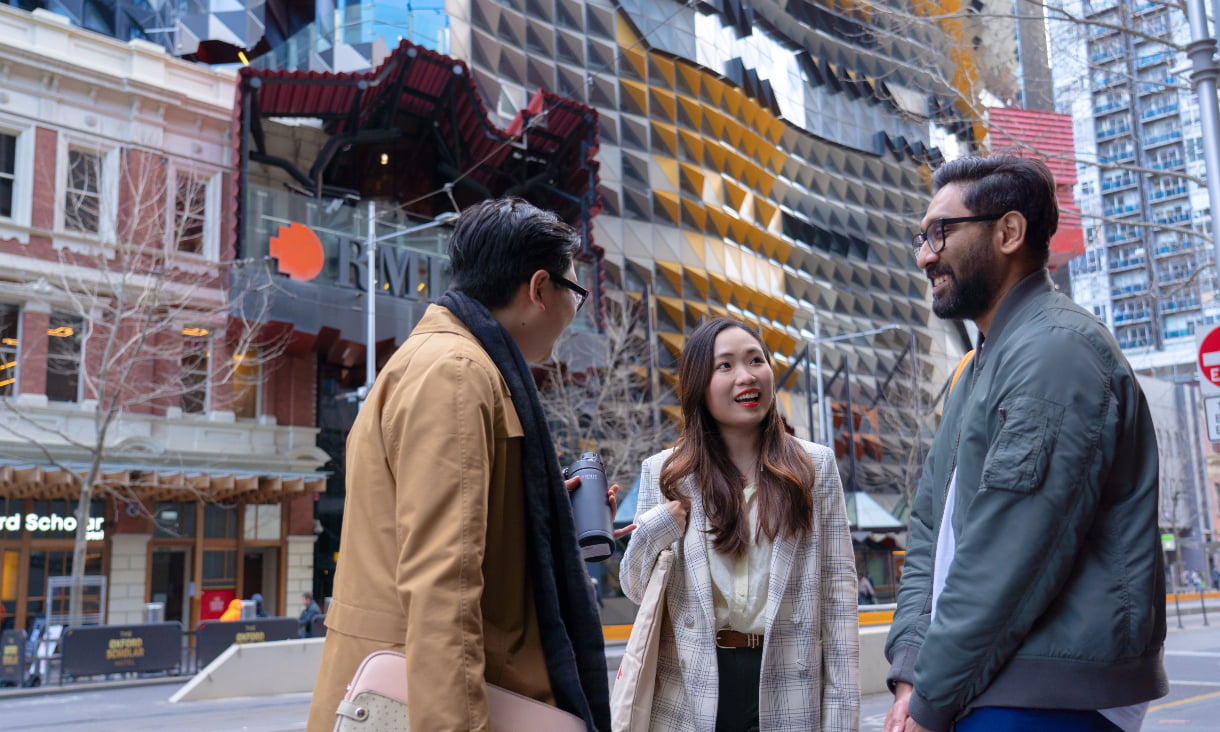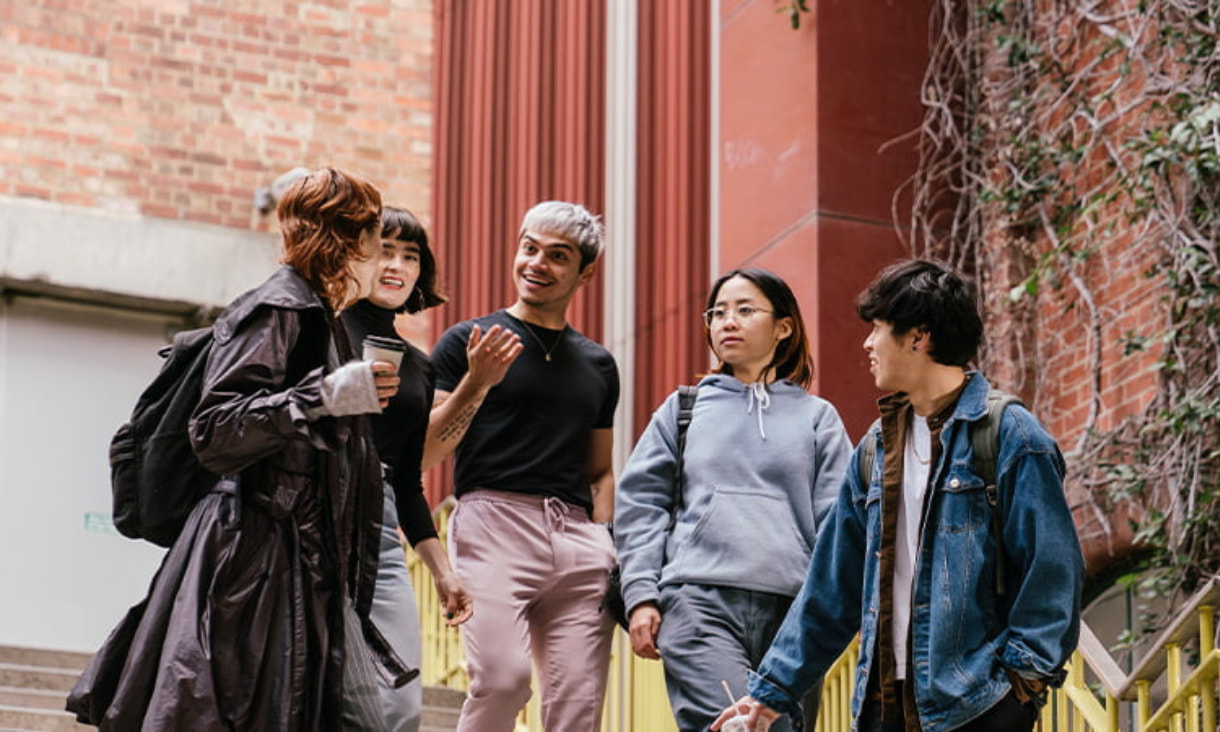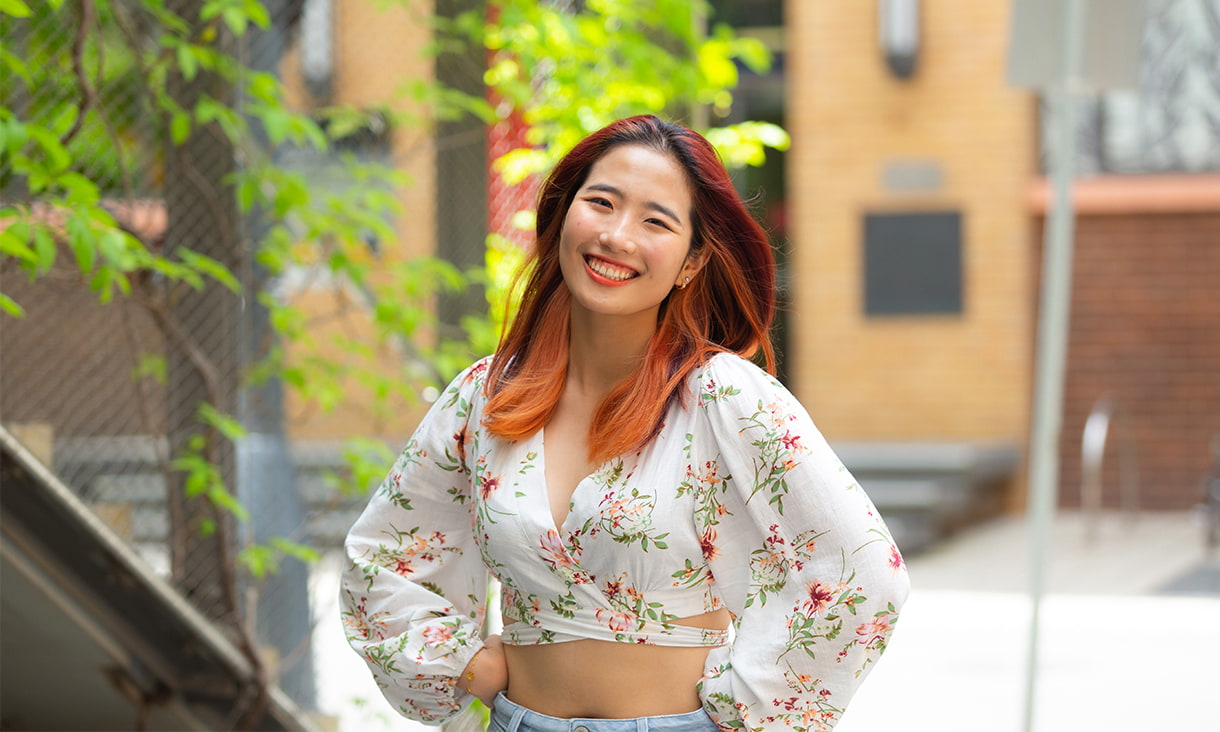RMIT Student Accomodation
Our student accommodation is conveniently located nearby our Brunswick, Bundoora and the City campuses. Rates are all inclusive, which means the cost of utilities, internet and other services are covered by the rent.
Other housing options
From private rentals and share houses to homestay and student hostels, find out all the information about housing options in Melbourne and the accommodation support you can access at RMIT.



